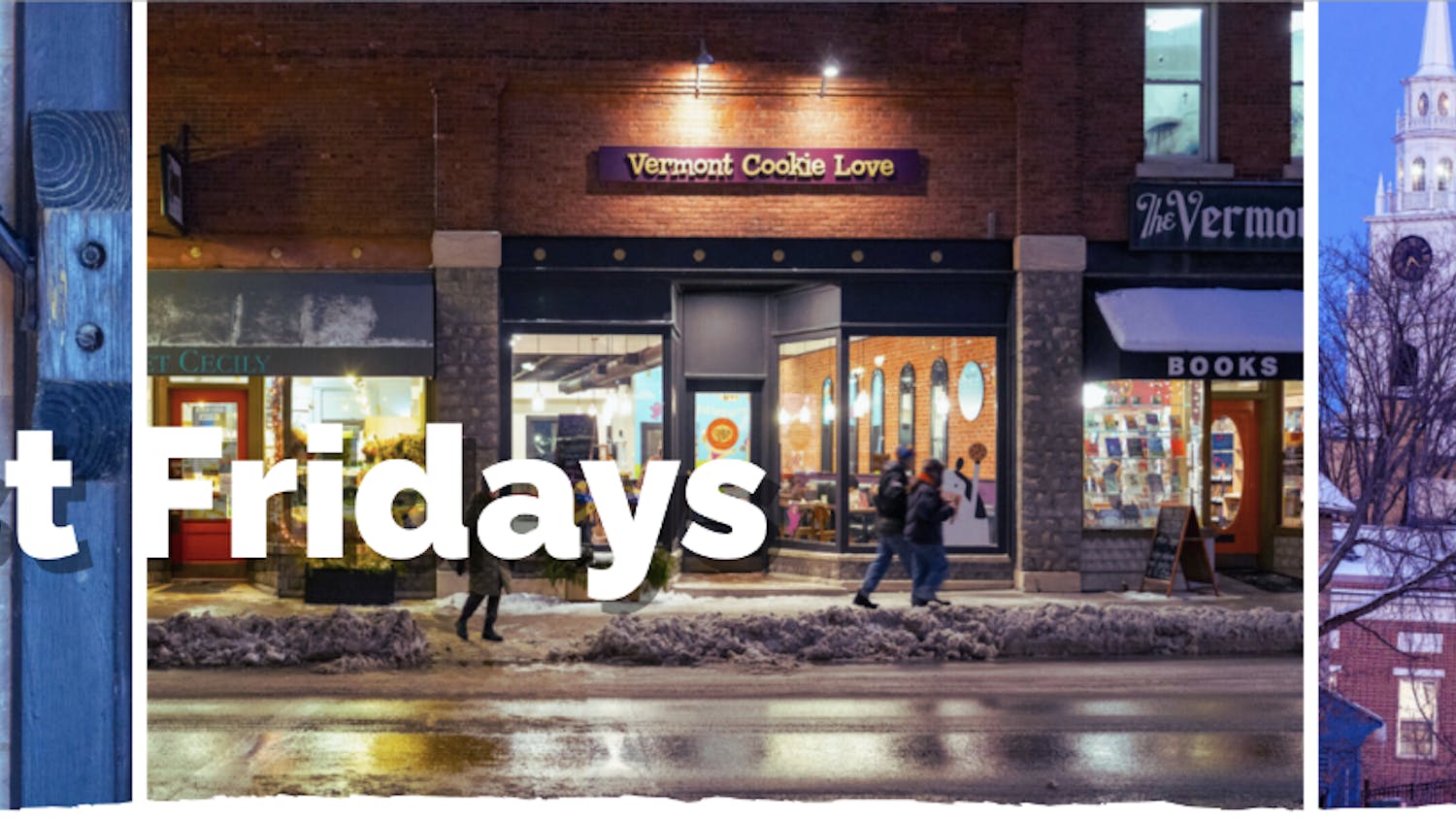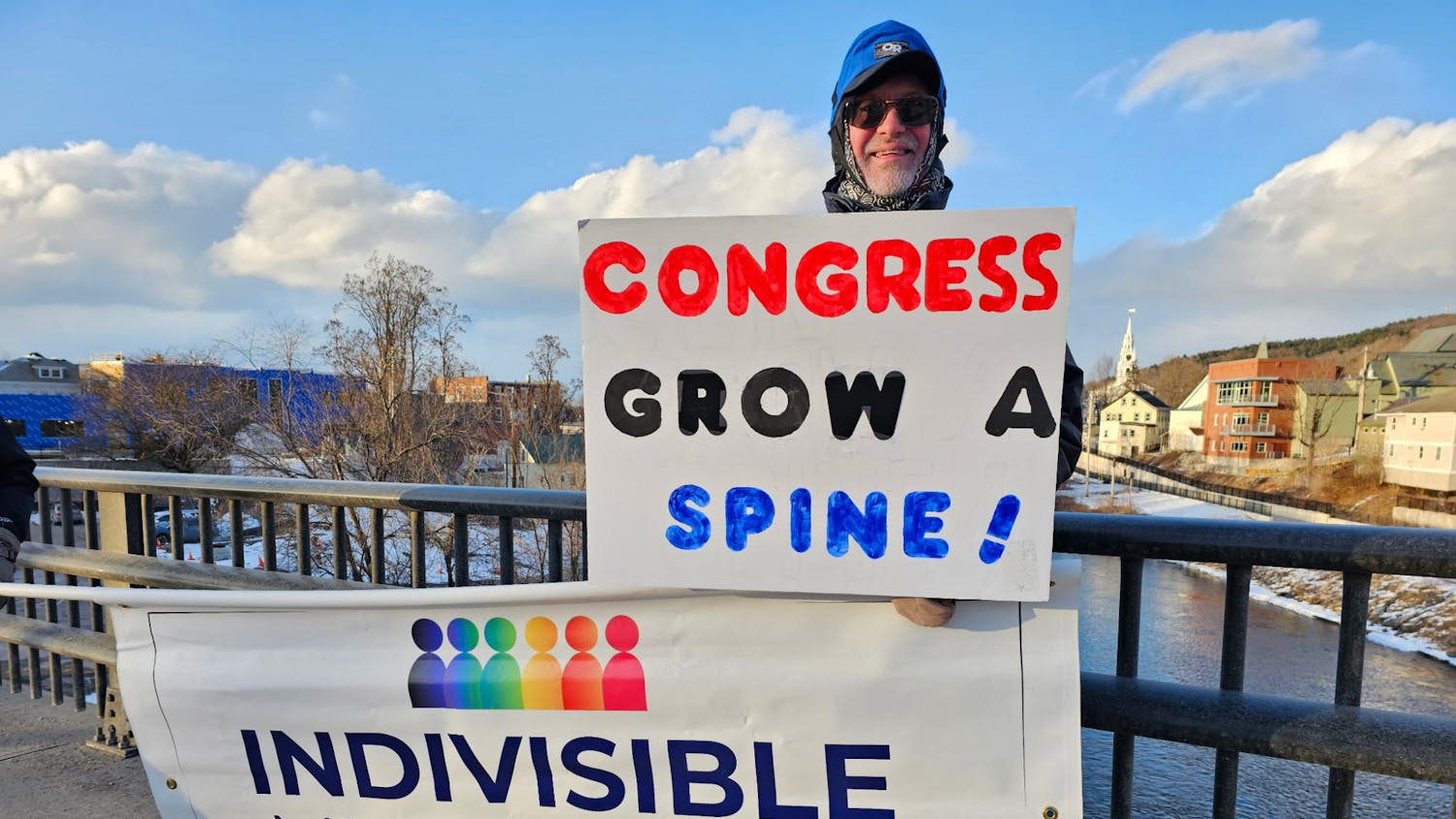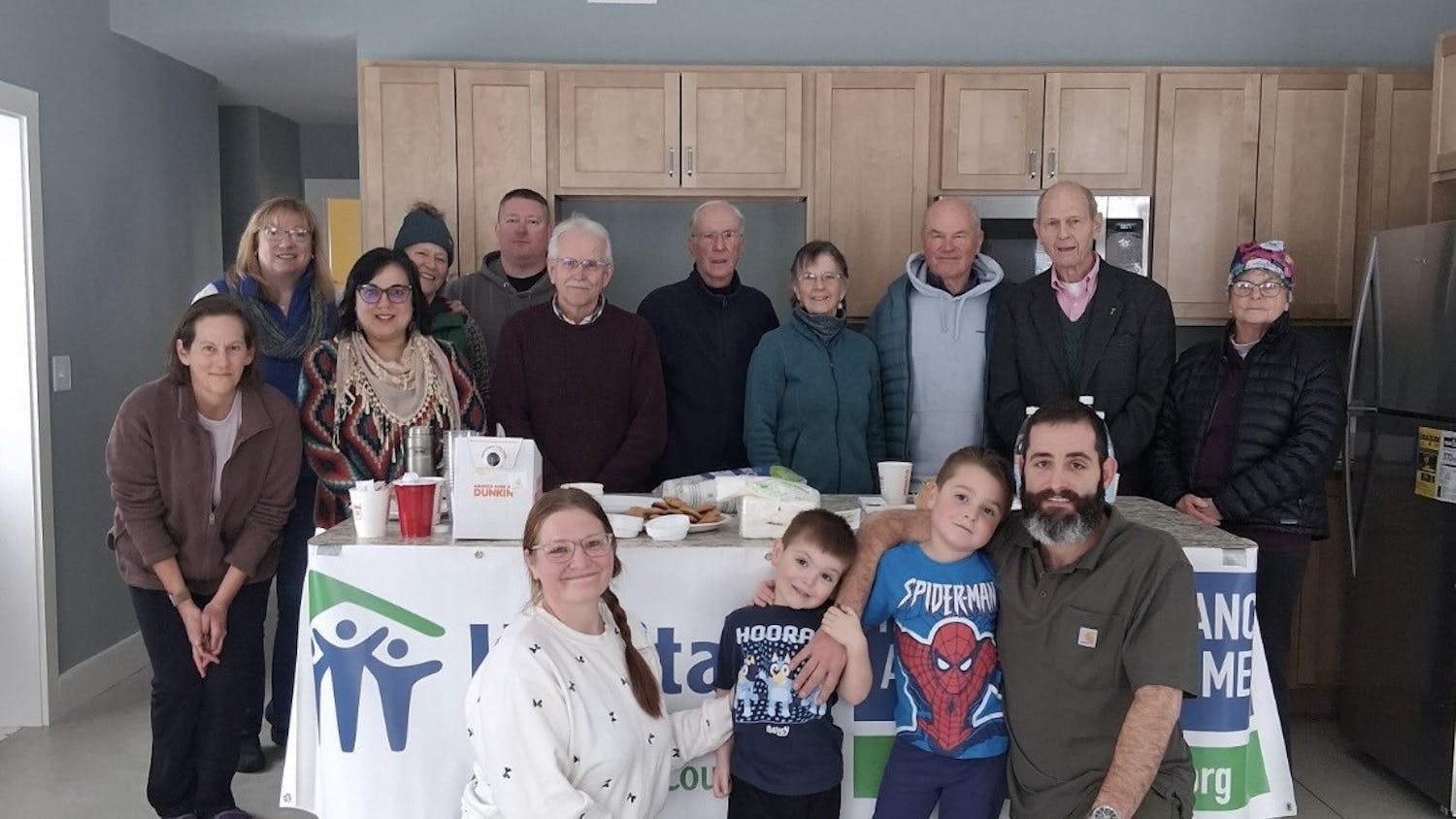When Patty Dunn’s parents divorced and she and her sister moved away with her mother, Dunn lost all connection with her father. This loss at four years old fueled Dunn’s interest in helping others cope with death and bereavement, and she began volunteering 20 years ago with a hospice in Burlington.
Dunn is now the executive director of Hospice Volunteer Services at the Marble Works in Middlebury, a small nonprofit organization that began in 1984. She trains volunteers and coordinates the placement of each with an Addison County resident who is in the last six months of his/her life.
The hospice movement began as a volunteer service, but in the 1970s, the federal government began to fund hospice care, and it became a medical service. To receive government aid, however, five percent of patient care hours in a hospice organization still had to come from volunteers.
The Addison Home Heath Agency received such funding and asked Hospice Volunteer Services to contract with them, creating the Middlebury hospice center.
“We offer volunteer services, and Addison Home Health provides clinical and medical aid,” said Dunn. “It is a symbiotic relationship.”
The combination of both organizations created a complete hospice program and hospice team. The hospice team is comprised of six positions: a medical director, a nurse, a clergy member, a home heath aid, a social worker and a volunteer.
The nurse talks to the patient and his or her family, and together they discuss possible services for the patient. The hospice team gladly provides appropriate aid to the patients, and the nurse refers a patient to Dunn if he or she wants a volunteer. Dunn’s volunteers provide practical and emotional support and offer companionship to the dying patient.
Dunn has more than 100 volunteers working with her, ranging in age from 15 to 80, and she would love for Middlebury students to get involved as well. The volunteers spend 10 weeks in a training program. Each is required to take a Personal Death Awareness Survey before beginning. The questionnaire asks individuals to write their own obituary, to sketch a picture of death, and to express their feelings and fears about death.
“The volunteers need to feel comfortable talking to our patients,” Dunn said. “Because they are living these questions.”
There are three main ways Hospice Volunteer Services works with the community. The organization has a hospice volunteer center and grief support groups, and it seeks to promote education and outreach.
Dunn believes a group setting is most ideal, and last year she had a small grief support group on campus.
“It is of real value for peers to connect and discuss their loss together because they understand each other,” she said.
According to Dunn, society today does not openly deal with death and grief, and people prefer to remain isolated and alone when they experience loss.
Dunn is thus a firm believer in the ideas of education and outreach, the third main point of the hospice center. She wants people to develop a healthy understanding of the natural life cycle and the inevitability of death. Dunn thinks an open environment helps people transition through their challenging times.
“I want to create a holistic community where death and loss can be generally accepted public topics,” she said.
Hospice Volunteer Services also has a hospice singing group, the Wellspring Singers.
“The groups spreads the universal language of music, easing a patient as he dies and his spirit leaves his body,” Dunn said. Several Middlebury students are part of the singing group. There are also vigil volunteers, who sit with patients during their last 72 to 24 hours of life.
Dunn urges community members to visit Hospice Volunteer Services, and to borrow books and resource materials from their free public lending library. She is currently trying to organize a Winter Term class for students interested in becoming certified hospice volunteers.
Once afraid of death, Dunn has become more comfortable with regard to the future; her hospice work has helped her come to terms with the fact that life must come to an end.
“You can’t change death or make it go away,” she said.
“But I am passionate about helping people find healthy ways to overcome their grief.”
One in 8,700 - 02/12/10
Comments



